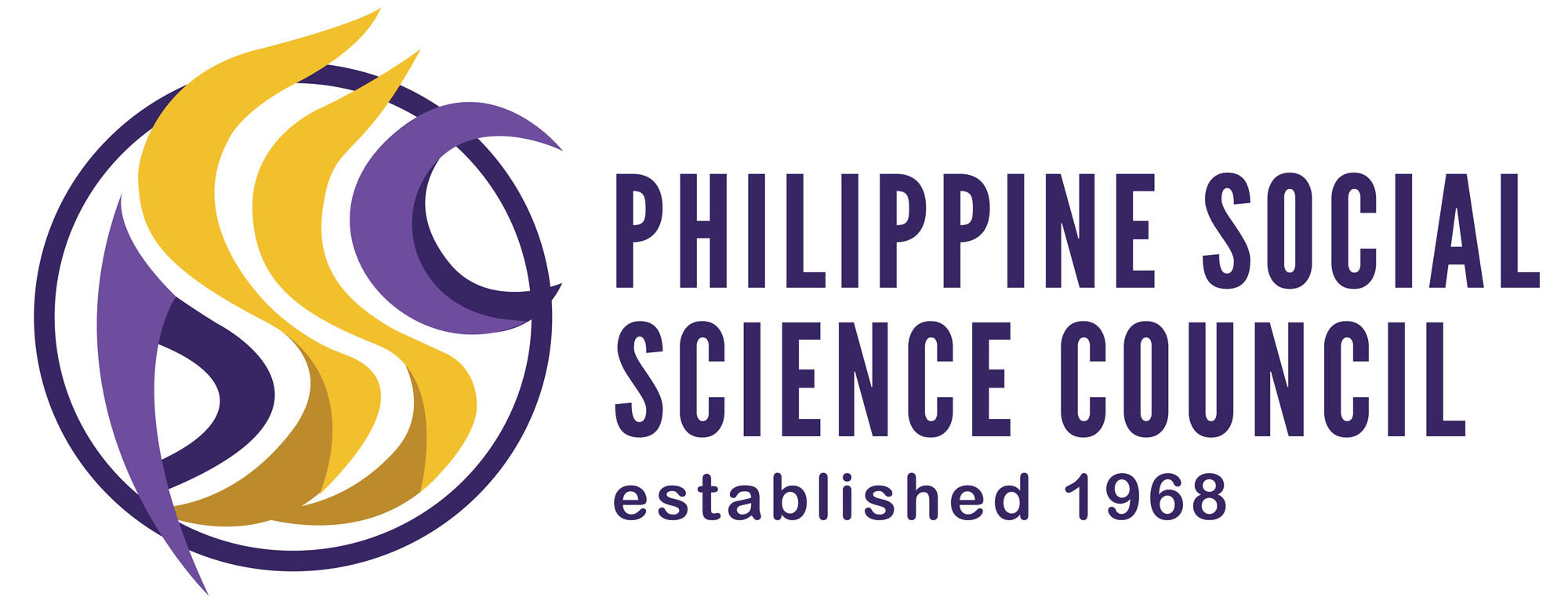Nurturing Organizational Research Capacity for Effective Program and Service Delivery
Dates of Implementation/Duration: August 2015 to May 2016
Partner Institution: Office of the Ombudsman
Objectives:
- To strengthen the research orientation of and research culture within the Office of the Ombudsman (OMB)
- To improve the competency of the OMB staff to conduct and manage research.
Project Description:
The project was composed of five activities as follows: (1) annotation of studies on public sector corruption and mismanagement; (2) organizational research capacity and training needs assessment; (3) validation/consultation workshop with stakeholders; (4) colloquium on democratic governance and anti-corruption; and (5) training on social science research.
Although not part of the original project deliverables, an OMB research agenda workshop was organized and facilitated by PSSC on 24 May 2016 at the PSSC MBC Seminar Room, with Dr. Elena Pernia (University of the Philippines) as workshop facilitator. The workshop was one of PSSC’s recommendations in the final needs assessment report. The workshop was intended to help OMB clarify its goals and develop a research agenda that the OMB and its partner-organizations can pursue in the short, medium, and long-term. To guide the workshop, PSSC drafted a paper titled “Anti-Corruption in the Philippines: A Research Agenda,” which consolidates the research topics and directions cited/recommended in the annotated bibliography, needs assessment report, and previous studies. The workshop was attended by anti-corruption agencies, partner-institutions, and individuals and organizations specializing in corruption research. From the discussion, six priority research areas emerged: (1) Policy research: systematized, harmonised, simplified to inform the crafting of an anti-corruption law; (2) Correlates of corruption; (3) Impact of public sector reforms; (4) Corruption in the context of specific sector and institutions; (5) Anti-corruption efforts of and successes through non-government sector participation; and (6) International dimensions of anti-corruption.
